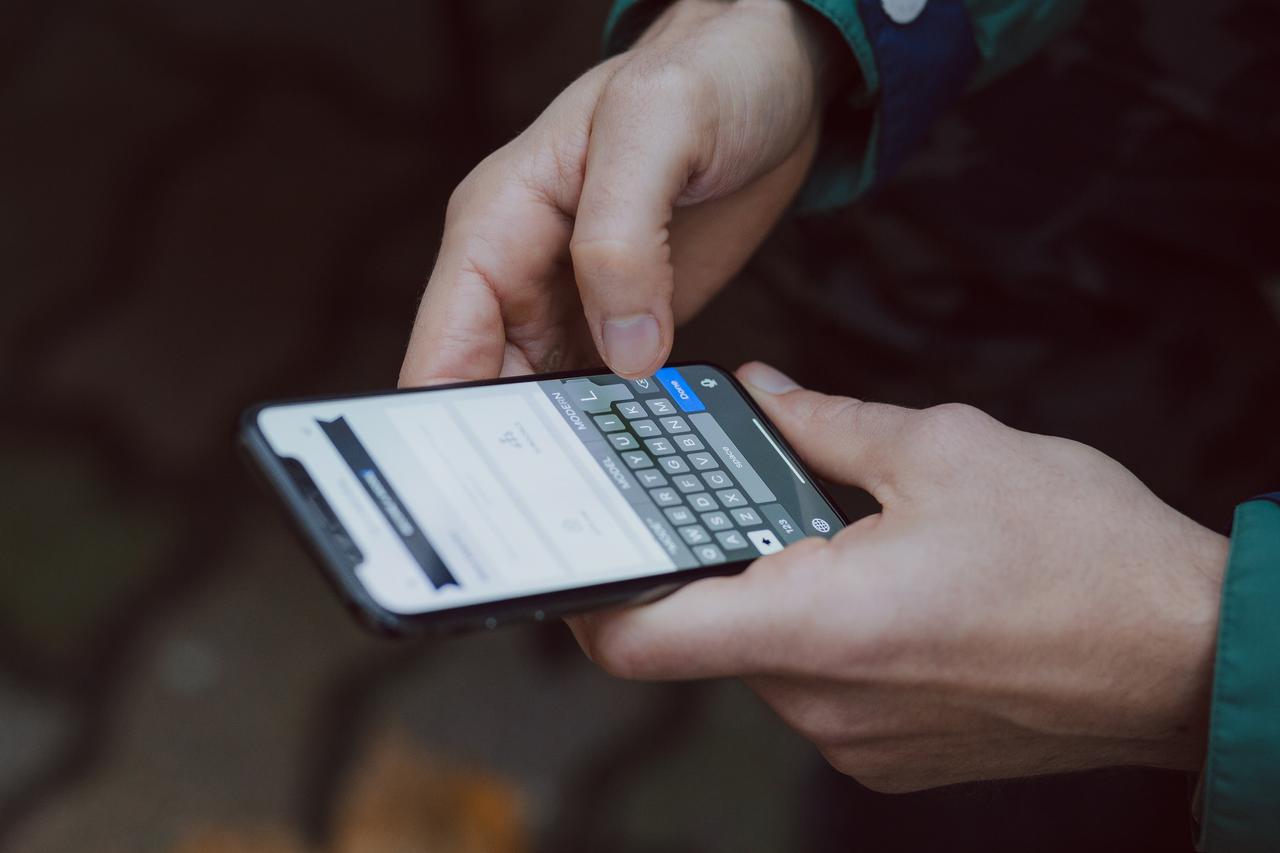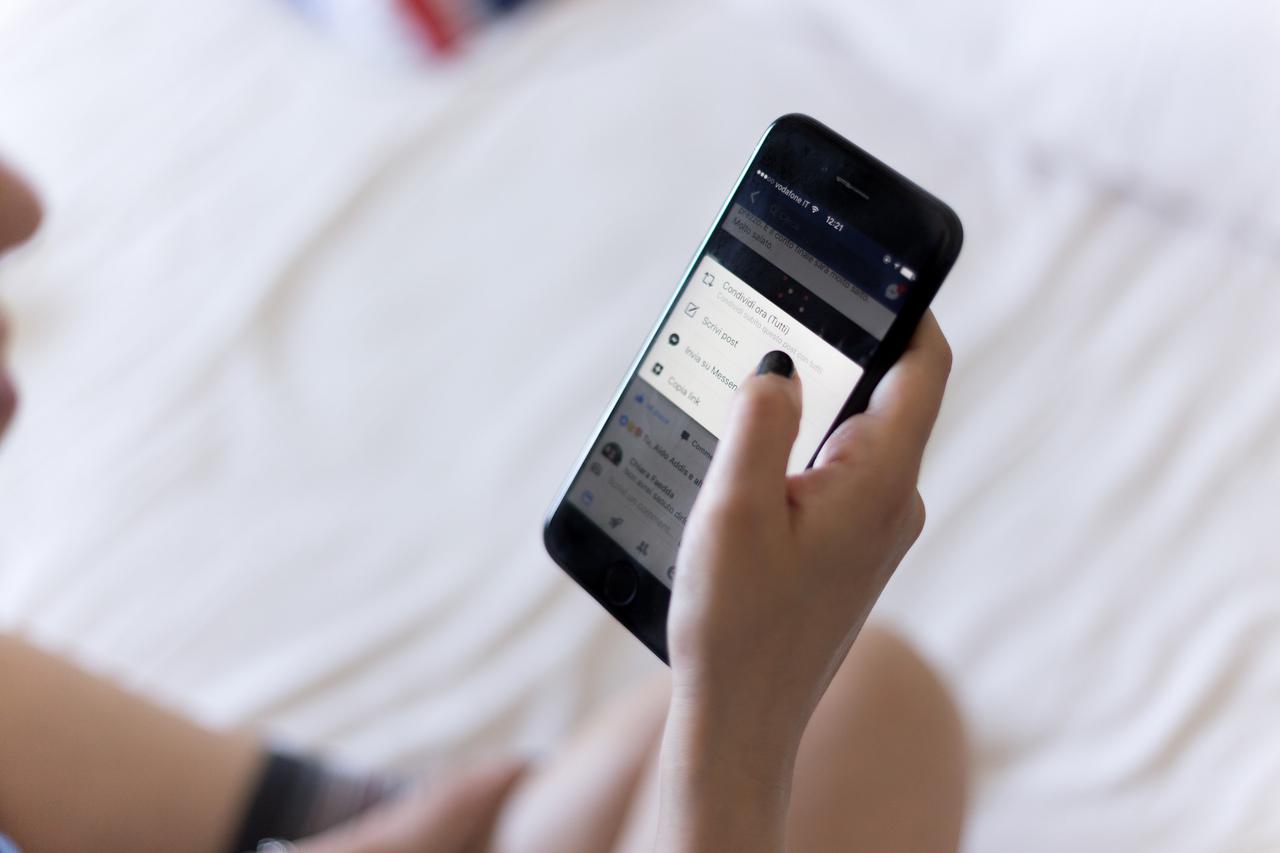Haptic technology, which simulates the sensation of touch, has connected us more and more to the digital devices we use. For instance, this technology allows the touch screen on your smartphone to use vibration as feedback, creating a more integrated experience.
At Doha, Inc., we stay on the forefront of industry developments to bring you the very best in computers, mobile phones, and other devices. Recently, we’ve seen some exciting advancements in haptic technology. Here’s what’s currently trending:
Wearable devices, such as step trackers, are already helping people improve their fitness efforts. Now, wearable devices are using haptic technology to improve overall wellness.
Apollo, which is a new wearable device, aims to help the body recover from stress. During stressful situations, the body activates its “fight or flight” response. Repeated stressful events can cause fatigue and anxiety over time.
The Apollo device restores the body’s “rest and digest” response to counteract these harmful effects. It does so by sending gentle waves of vibration that trigger the body’s parasympathetic nervous response. Over time, this can help the body restore balance and combat stress.
Doppel, which is another wearable wellness device, uses haptic technology to create a heartbeat-like sensation. During stressful times, the device can be used to create slower rhythms for a calming effect. Faster rhythms can be used for staying focused when studying or working.
We anticipate that more and more fitness wearables will start incorporating haptic technology to focus on overall wellness.
Ever since mobile phones made their debut, each new iteration has become more user friendly. Take a look at your current smartphone compared to the mobile phone you used ten years ago. Thanks to touchscreens, the phone you’re using today likely only has a few buttons.
Haptic technology is continuing to improve product design, with a shift toward digital buttons and other screen controls rather than clunky physical buttons. In the future, this will allow us to interact with our phones on a new level. For instance, imagine being able to “feel” what you see on your phone, such as the effects of pushing a control slider, or the tactile sensation of a keyboard.
The benefits of screen controls are endless: sleeker designs are possible, mechanical problems are less likely, and it will be possible to update or change buttons without having to replace your device.

When it comes to virtual reality, haptic technology isn’t new. However, this technology combination is now moving beyond gaming by helping medical professionals learn new surgical techniques.
Fundamental Surgery, which is a fully accredited VR education platform, uses a VR headset and graspable haptic devices to simulate the tactile experiences of surgery.
With these systems already in use by medical institutions, we can expect haptic technology to start playing a bigger role in medical advancements.
At Doha, Inc., we design and manufacture some of the latest computers, mobile phones, and wearable devices. With our convenient subscription service, you can use our innovative products for a flat monthly fee.
Contact us today at 1-888-364-2462 to learn more.
